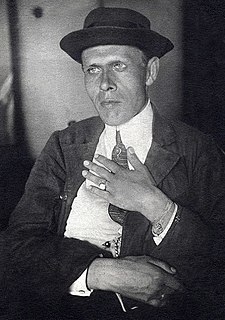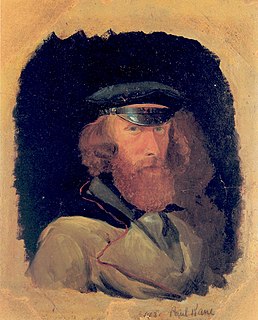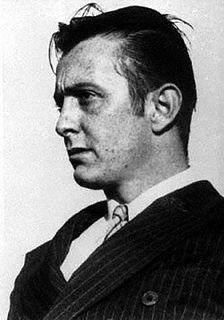A Quote by Charles Ghigna
Get yourself a notebook and write in it EVERY night for two weeks. Then stop if you can. If you can't, you're a writer.
Related Quotes
No one can teach writing, but classes may stimulate the urge to write. If you are born a writer, you will inevitably and helplessly write. A born writer has self-knowledge. Read, read, read. And if you are a fiction writer, don't confine yourself to reading fiction. Every writer is first a wide reader.
No one can teach writing, but classes may stimulate the urge to write. If you are born a writer, you will inevitably and helplessly write. A born writer has self-knowledge. Read, read, read. And if you are a fiction writer, dont confine yourself to reading fiction. Every writer is first a wide reader.
Body concentrates order. It continuously self-repairs. Every five days you get a new stomach lining. You get a new liver every two months. Your skin replaces itself every six weeks. Every year, 98 percent of the atoms of your body are replaced. This non-stop chemical replacement, metabolism, is a sure sign of life.
When I sold Weststar Holidays, the idea was to take stock and stop and then decide in life - we were going to travel around the world or whatever we were going to do. After about two weeks my husband said to me, 'Oh for goodness sake Deborah, get yourself a business because this is driving me bonkers.'
It's not possible to advise a young writer because every young writer is so different. You might say, "Read," but a writer can read too much and be paralyzed. Or, "Don't read, don't think, just write," and the result could be a mountain of drivel. If you're going to be a writer you'll probably take a lot of wrong turns and then one day just end up writing something you have to write, then getting it better and better just because you want it to be better, and even when you get old and think, "There must be something else people do," you won't be able to quit.






































